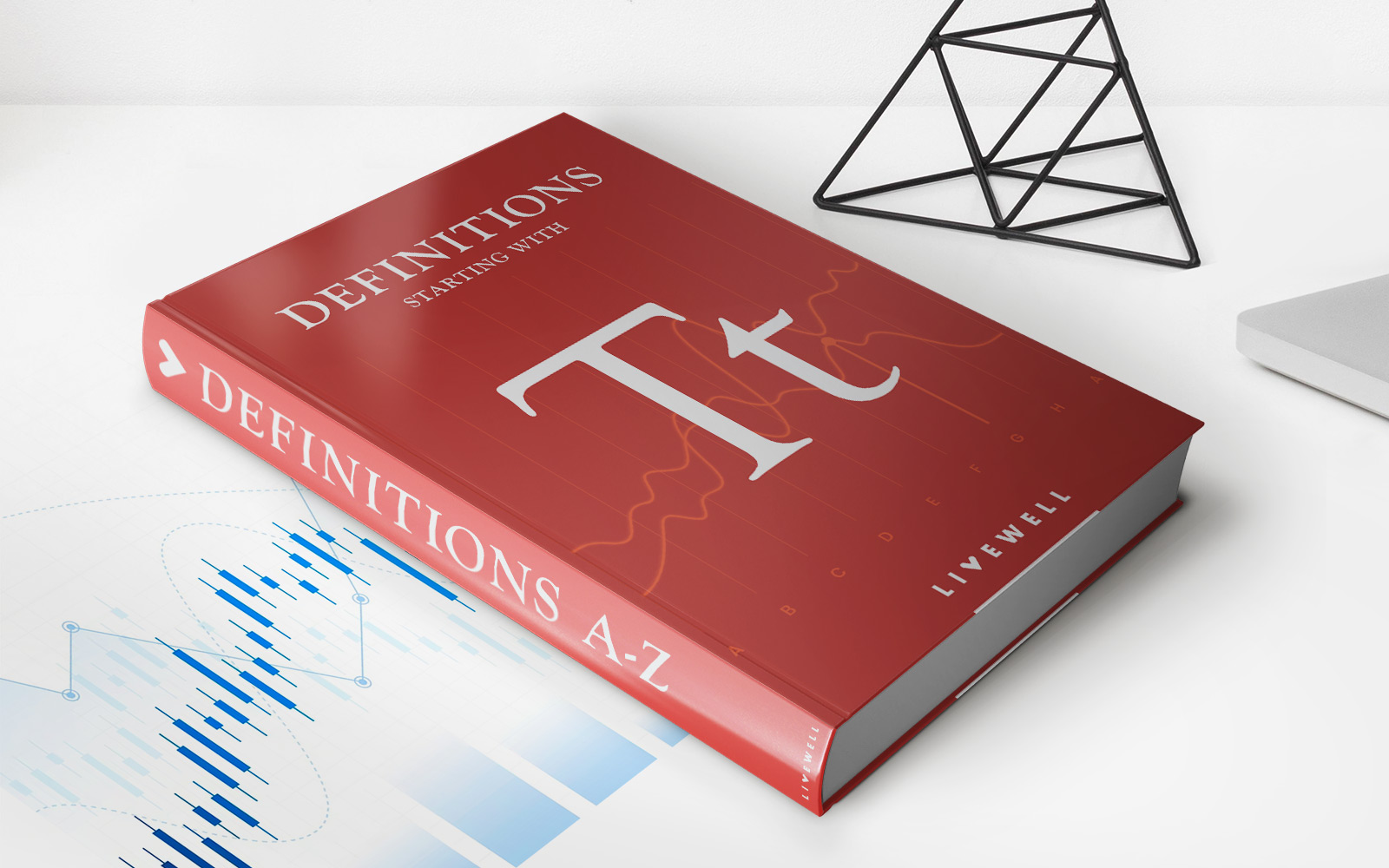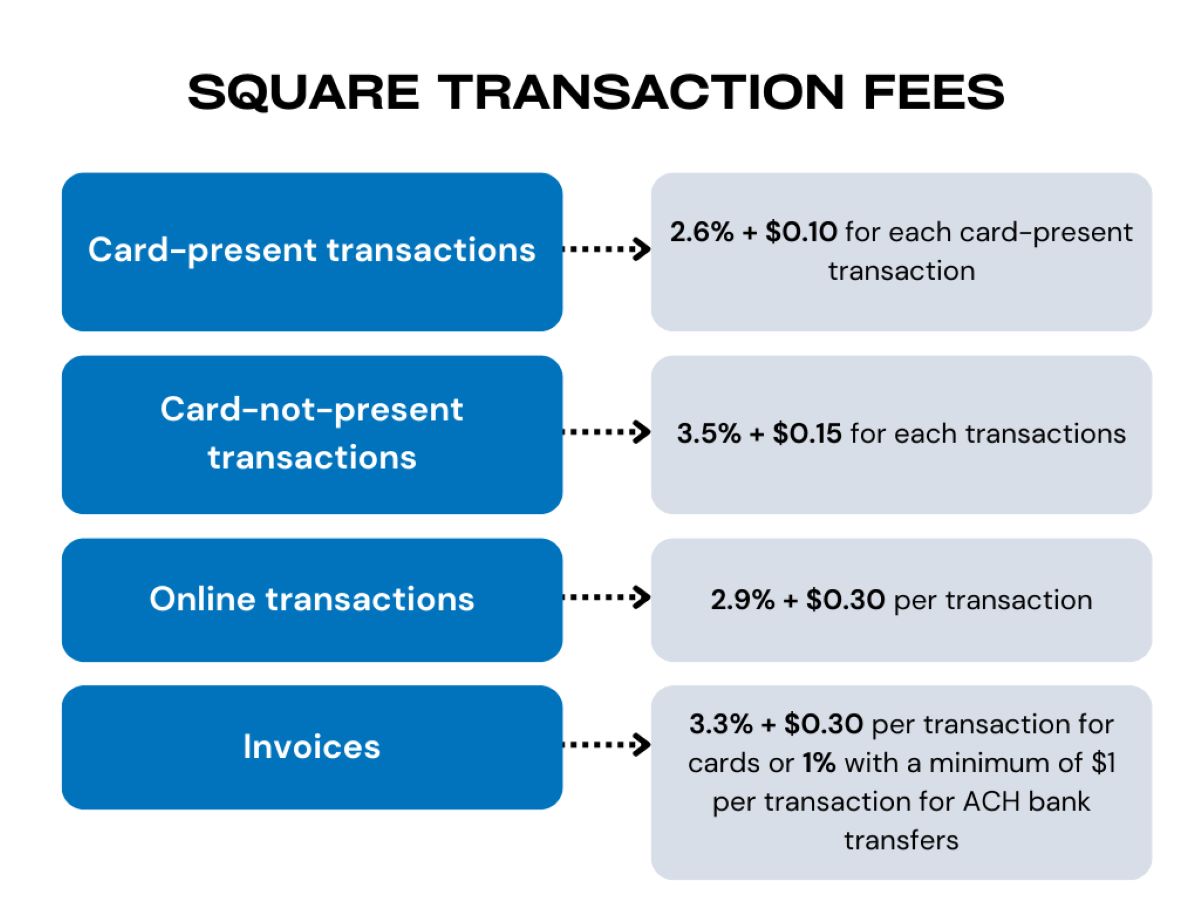Home>Finance>Corporate Tax: Definition, Deductions, How It Works


Finance
Corporate Tax: Definition, Deductions, How It Works
Published: November 3, 2023
Learn all about corporate tax in finance, including its definition, deductions, and how it works. Discover the key aspects and benefits of managing your company's taxes effectively.
(Many of the links in this article redirect to a specific reviewed product. Your purchase of these products through affiliate links helps to generate commission for LiveWell, at no extra cost. Learn more)
Corporate Tax: Definition, Deductions, How It Works
Are you a business owner or an aspiring entrepreneur looking to understand the ins and outs of corporate tax? This blog post is here to demystify the world of corporate taxation, providing you with a comprehensive guide to its definition, deductions, and how it works.
Key Takeaways:
- Corporate tax is a tax levied on the profits earned by corporations or businesses operating as legal entities.
- Business expenses, such as employee wages, rent, and equipment costs, can be deducted from the taxable income.
What is Corporate Tax?
Corporate tax, also known as company tax, is a levy imposed by governments on the profits earned by corporations or businesses operating as legal entities. This form of taxation helps governments generate revenue to fund public services and infrastructure development.
When it comes to corporate tax, understanding the deductions available can help businesses optimize their tax liabilities. Here are some common deductions:
Common Corporate Tax Deductions
- Business Expenses: Various business expenses, such as employee wages, rent, utilities, and equipment costs, can be deducted from the taxable income, reducing the overall tax liability.
- Depreciation: The gradual decrease in value of business assets over time, known as depreciation, can be claimed as a deduction. This includes machinery, vehicles, and other equipment used for business purposes.
- Interest Payments: Businesses can deduct the interest paid on loans used for business purposes, such as equipment financing or expansion projects.
- Research and Development (R&D) Credits: Governments often provide tax incentives for companies engaged in R&D activities, encouraging innovation and technological advancements.
- Charitable Contributions: Donations made by corporations to recognized charitable organizations are generally deductible, supporting both the community and potentially reducing tax liabilities.
How Corporate Tax Works
Corporate tax is typically calculated based on the taxable income reported by the corporation. This income is determined by subtracting all eligible deductions from the total revenue earned during a specific period, such as a fiscal year.
Once the taxable income has been determined, it is then subject to a tax rate set by the government. The tax rate may vary depending on factors such as the size of the corporation, its location, and local tax regulations. The resulting amount is the corporation’s tax liability.
Corporations are required to file corporate tax returns, providing the necessary information and documentation to support their income, deductions, and tax payments. Failure to comply with tax regulations can result in penalties or further investigation by tax authorities.
It is important for businesses to keep accurate financial records and consult with tax professionals to ensure compliance and optimize their tax strategy.
In Conclusion
Understanding corporate tax, including its definition, deductions, and how it works, is essential for businesses to navigate the complex world of taxation. By leveraging available deductions and staying compliant with tax regulations, corporations can effectively manage their tax liabilities and contribute to their financial success. Remember to consult with tax professionals or accounting experts to tailor your tax strategy to your specific business needs.














